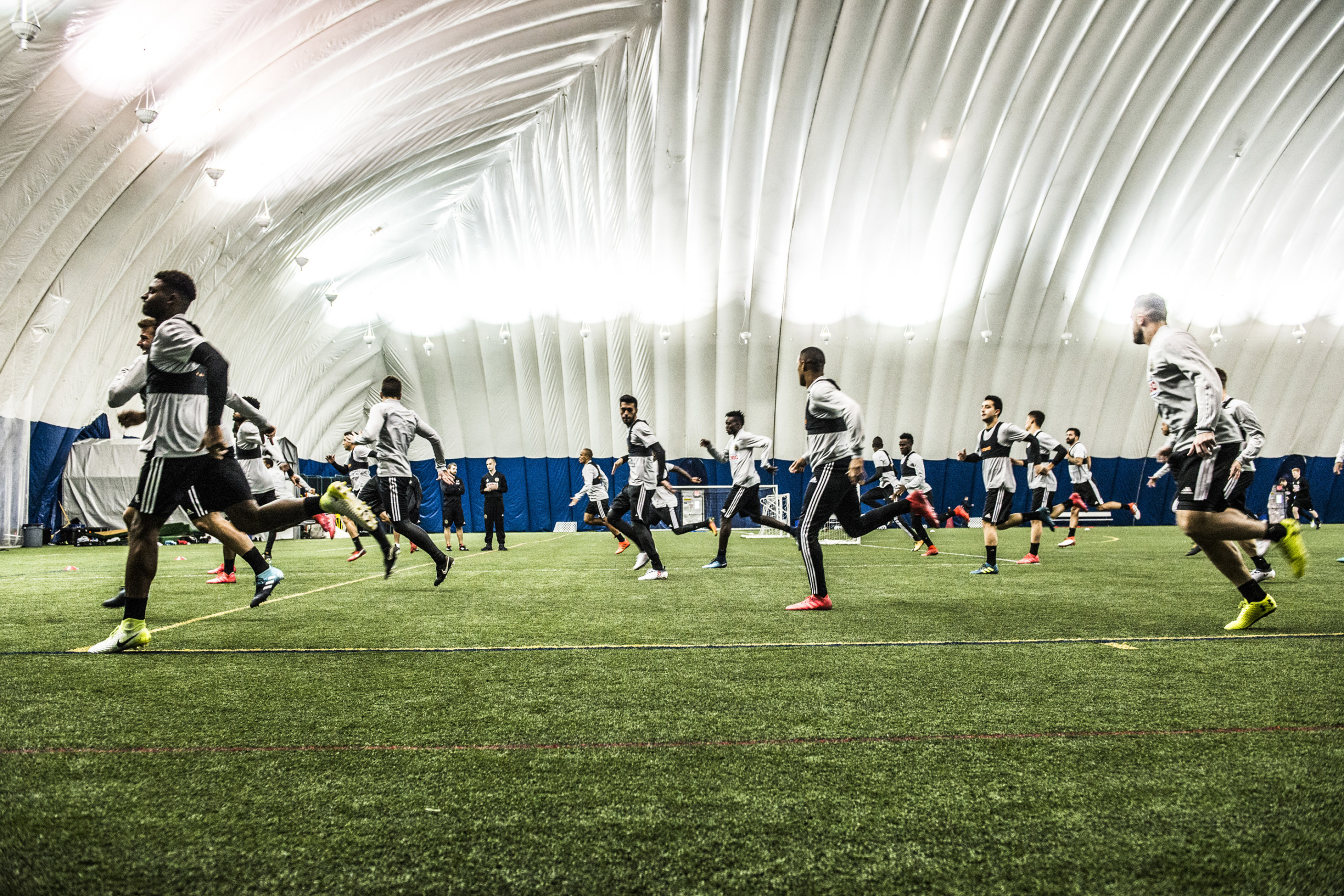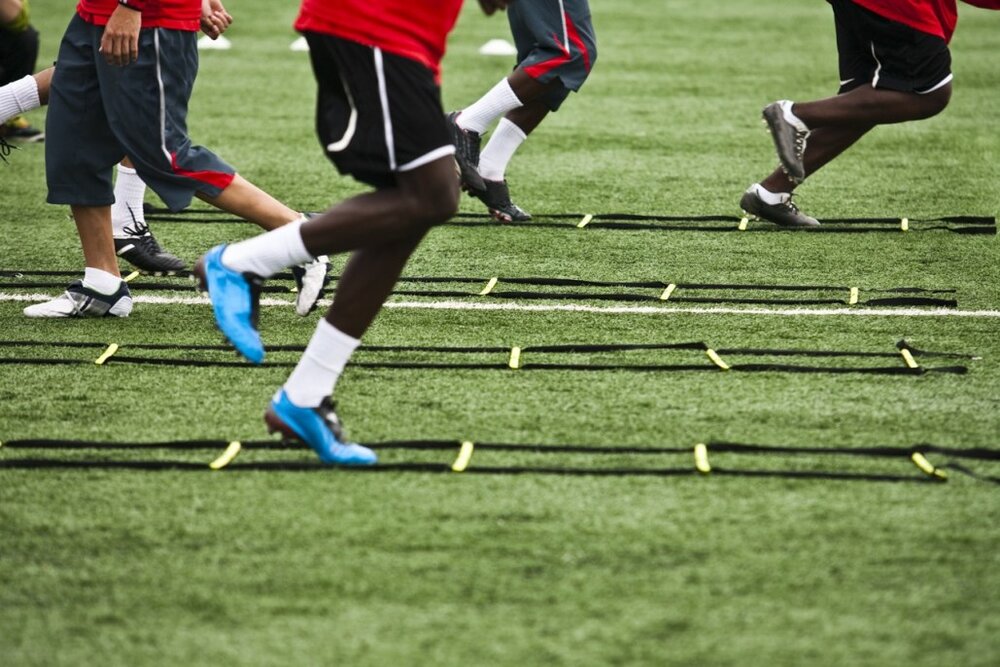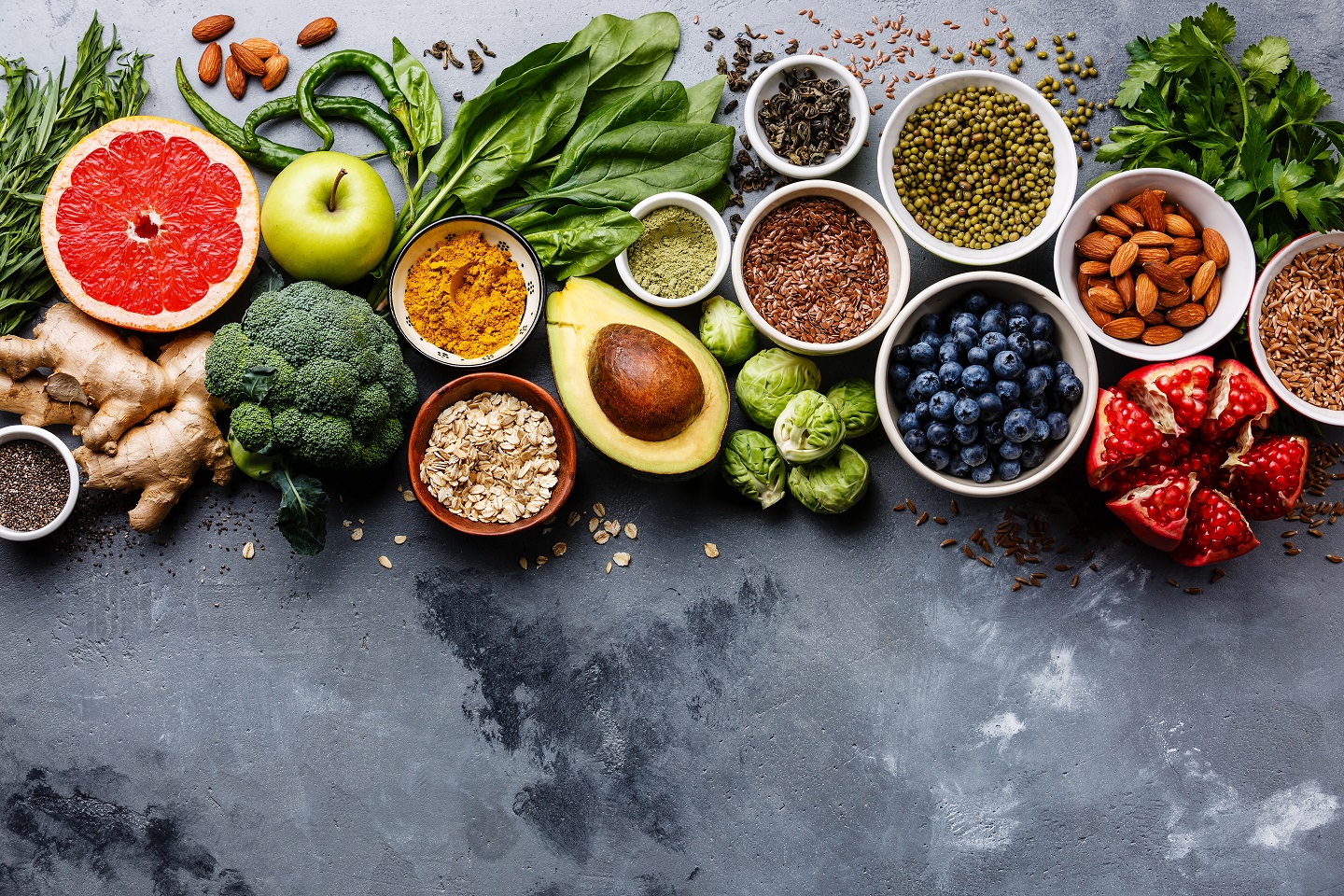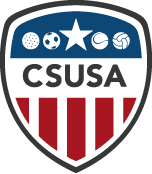How to prepare yourself for the demands of a college soccer pre-season

Improve your cardiovascular fitness
This may be an obvious one, but improve your base fitness with endurance activities like running, biking, rowing, swimming, etc. Although it is good to go for a steady state run or bike ride this will improve what we call your ‘base’ fitness. You will need to do this at least 1-2 times a week and this will help with recovery as well. This will set the foundation of your endurance/fitness to be able to last longer in games and still compete at a top-level. Swimming is a very good way to improve your cardiovascular endurance, especially if you have sustained any type of injury and are going through the rehabilitation stages.
Incorporate Interval Training and High-Intensity Training
Soccer requires different movements where you stop, sprint, jog, and even walk as the intensities vary to react to the game. Therefore, complete interval training where you can work hard for a set period of time and then rest for a period of time. This is to get your body to work hard and get it used to stop and start, which will almost mimic a soccer game. A good example of interval training would be to sprint for a period of time followed by walking for a period of time then jog for a period of time. Set your work time and rest time and as you start to improve and it becomes easier, start decreasing your rest in between sets to push yourself!

Improve your Speed, Agility & Quickness (SAQ)
At college, you will work on this aspect of your game a lot! It is a small but very important detail to improve your individual game. Prepare yourself and complete drills where you can shift your feet quickly and change the direction of your body as quickly as possible. Basic drills using ladders and hurdles will never get old and provide a huge benefit. Try to incorporate as many different movements into your SAQ training and use resistance bands or an external force which makes it harder for you to shift your feet. A good example of this is having somebody hold a band around your waist and stand behind you. As you begin to sprint, they hold the band to supply a force to make it harder for you to sprint.
Work on your strength
Strength and conditioning are a big part of soccer in the US and is something you will do often to improve your game. This means working on your strength to become a little bit quicker, stronger, and more powerful. If you have any type of weights or access to a gym work on improving your ‘push’ and ‘pull’ movements and make them as soccer-specific as possible. Things like squat jumps, jumping lunges, leg press, Romanian deadlifts are great exercises to improve leg strength. For the upper body, you can work on exercises such as bicep curls, triceps dips, dumbbell rows, and push-ups. Do not forget to work on your core! This has a massive influence in so many areas of strength and conditioning but also it relates to SAQ, endurance, and other areas above. Some great core exercises you can complete are front plank, side plank, up-down planks, glute bridge, dead bugs, and Russian twists. There are an endless amount of exercises you can complete but make sure they help improve your soccer performance and not hinder it!

Good nutrition
Having a balanced diet is important, especially if you are completing a lot of exercise each week. Make sure you get enough carbohydrates into your diet which supply you with the required energy to meet the demands of the exercise. As well as this you need to have a larger than normal protein intake to help aid recovery. Adding foods like fish, poultry, eggs, tofu, nuts, and seeds to your diet will help improve protein intake but protein shakes and bars will usually provide a substantial amount of protein. Loading up on fruits and veggies is always a winner as well. Be sure to check out NHS recommendations on a balanced diet!
Rest, Recovery & Sleep
An area that is almost under looked but is extremely important for your body to regenerate is through rest and sleep. If you don’t take this area seriously your game will not improve and as a result, your performance could decline. Be sure to get as much sleep as possible at night and take recovery seriously with stretching routines, ice baths, foam rolling, and other methods to get your body feeling fresh again. Recovery is widely practiced when you participate in college sports in the US so you may as well start the good habits now!

Good mindset!
Finally, having a good mindset will prepare you for the demands of pre-season at college level. To have the ability to keep pushing yourself and working hard to stand out from the rest is an important trait coaches will love to see. Even when things are not quite going the way you imagined, a coach wants to see how you will react to the situation. Don’t go into preseason thinking you are ‘owed’ a spot. Work hard and prove yourself. If you end up being on the bench in the first pre-season game, ask the coaches what you need to do to improve and work on your weaknesses. Show the right attitude as a good mind-set will take you very far in college sports and life!
“Pre-season isn’t just about conditioning but also getting used to each other as a team and a group of people. You spend more time with these people than you do your own family. Pre-season is the time we get use to each other and work out how people work. It can be a lot of fun. Hard but fun.” – Colin Kazim-Richards
Do you think college sports would be an avenue you would love to pursue? If you want to find out if you qualify for a scholarship then compete our FREE ASSESSMENT today!




